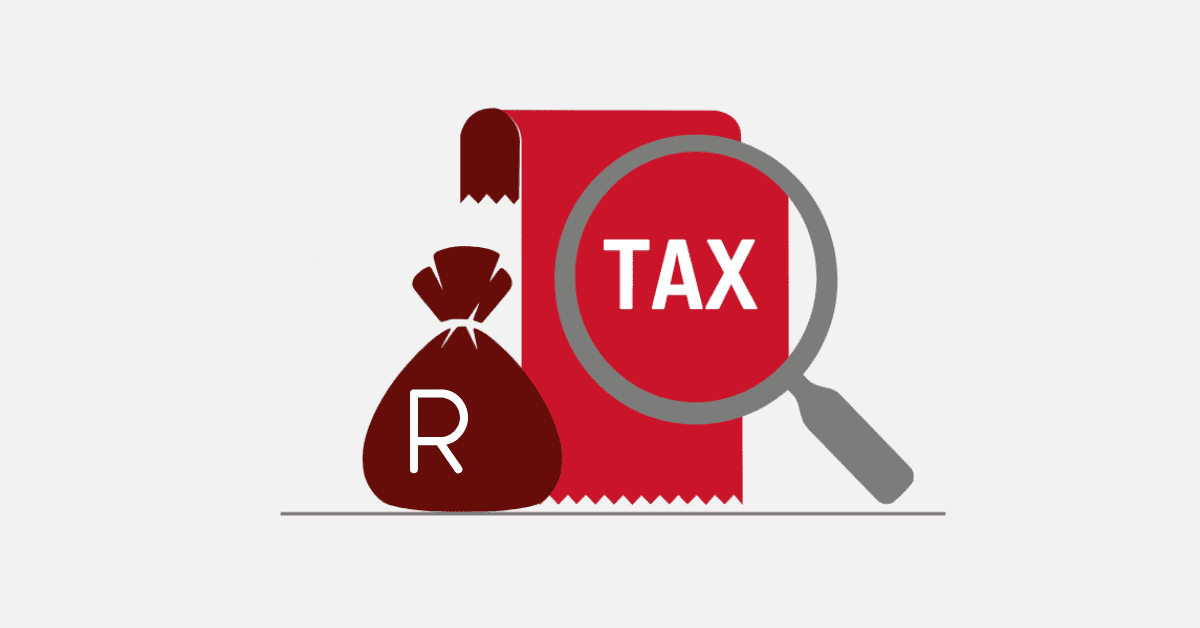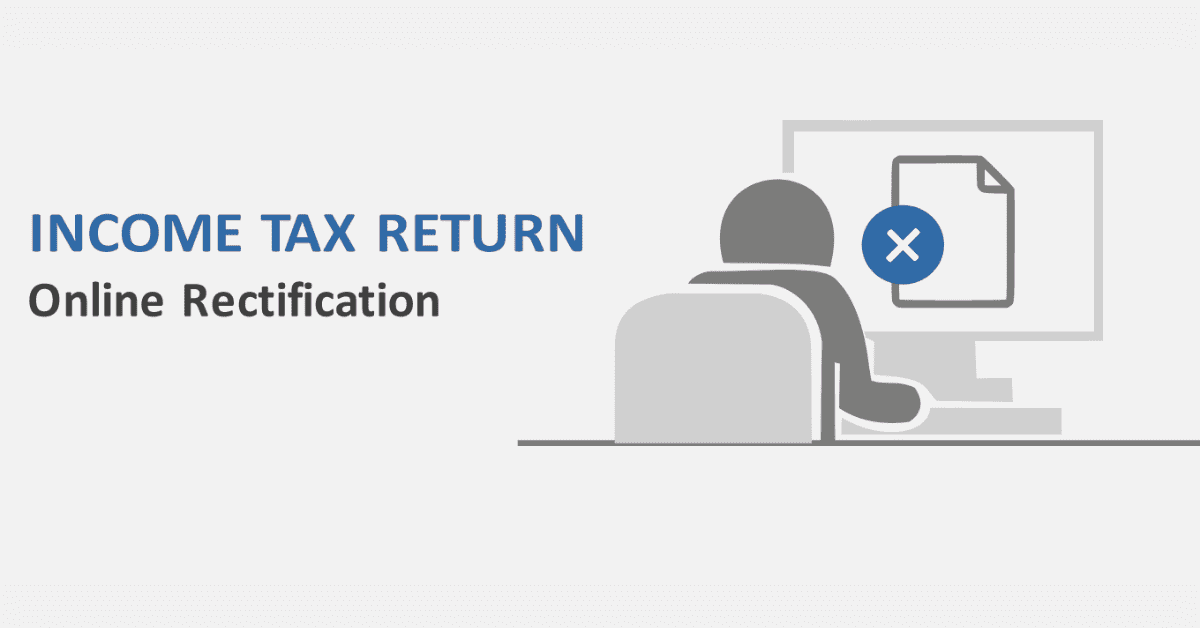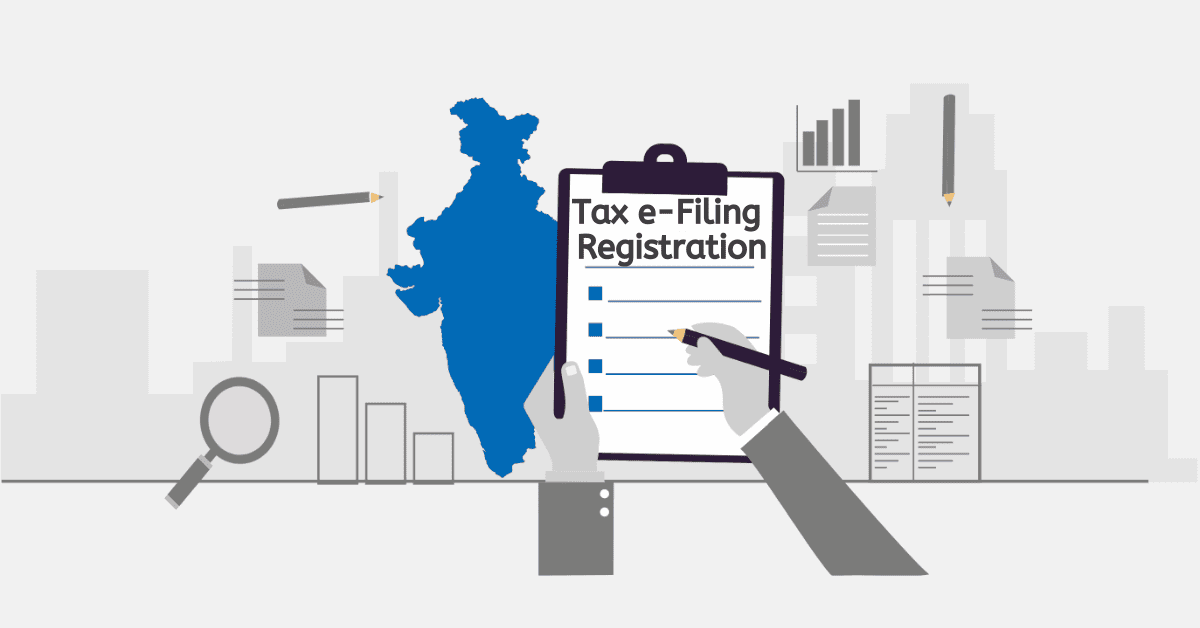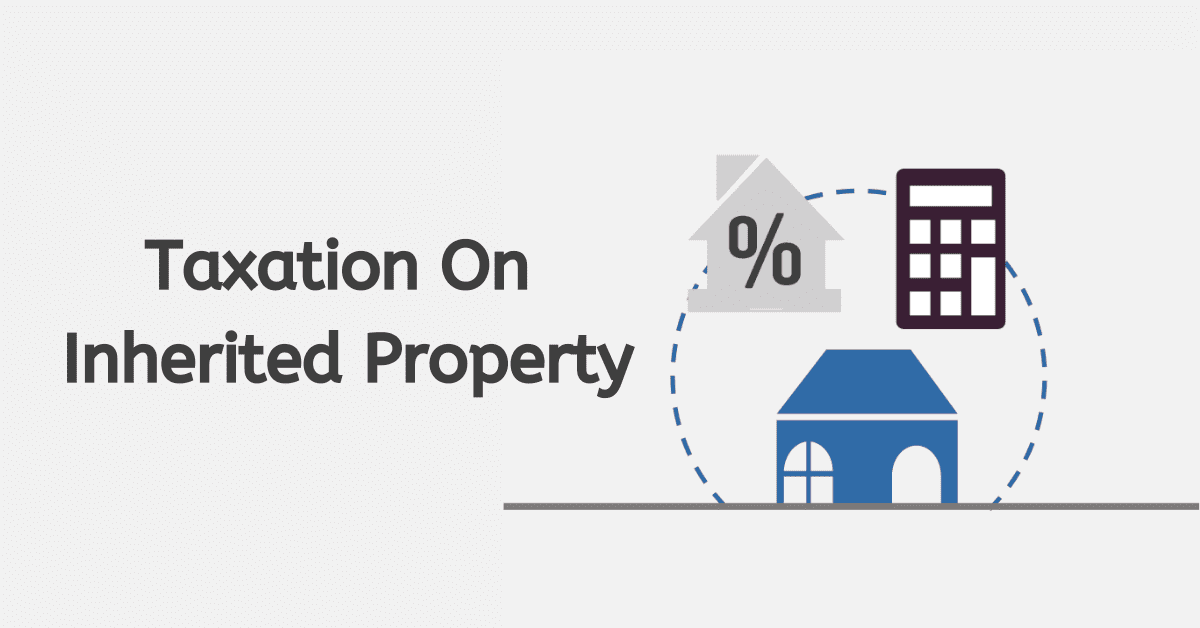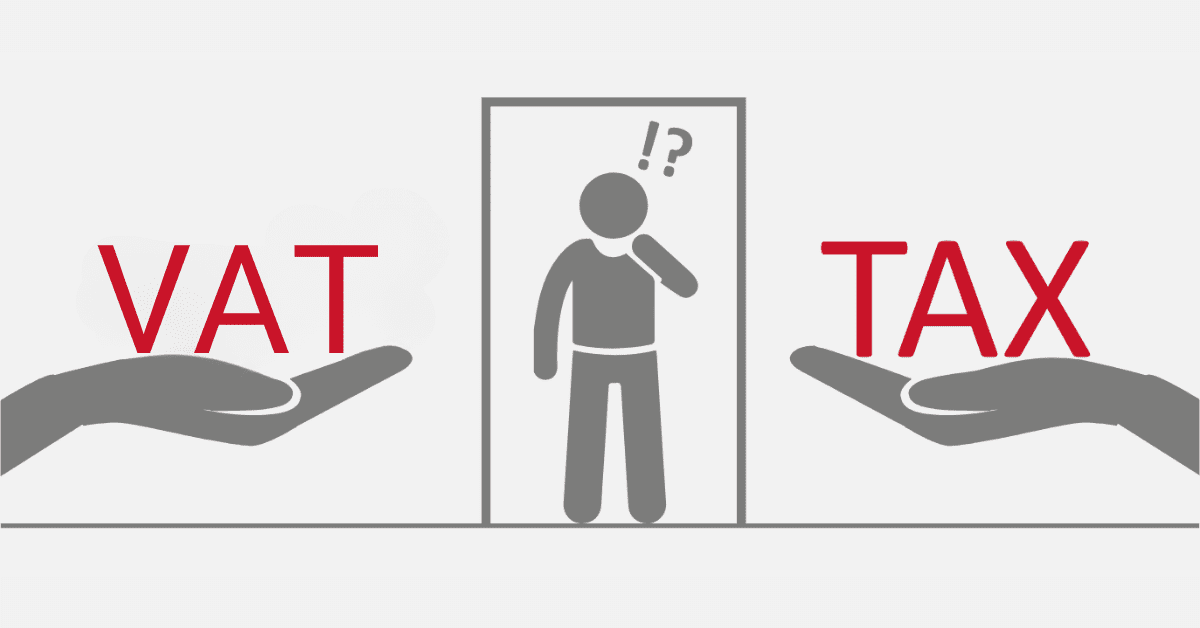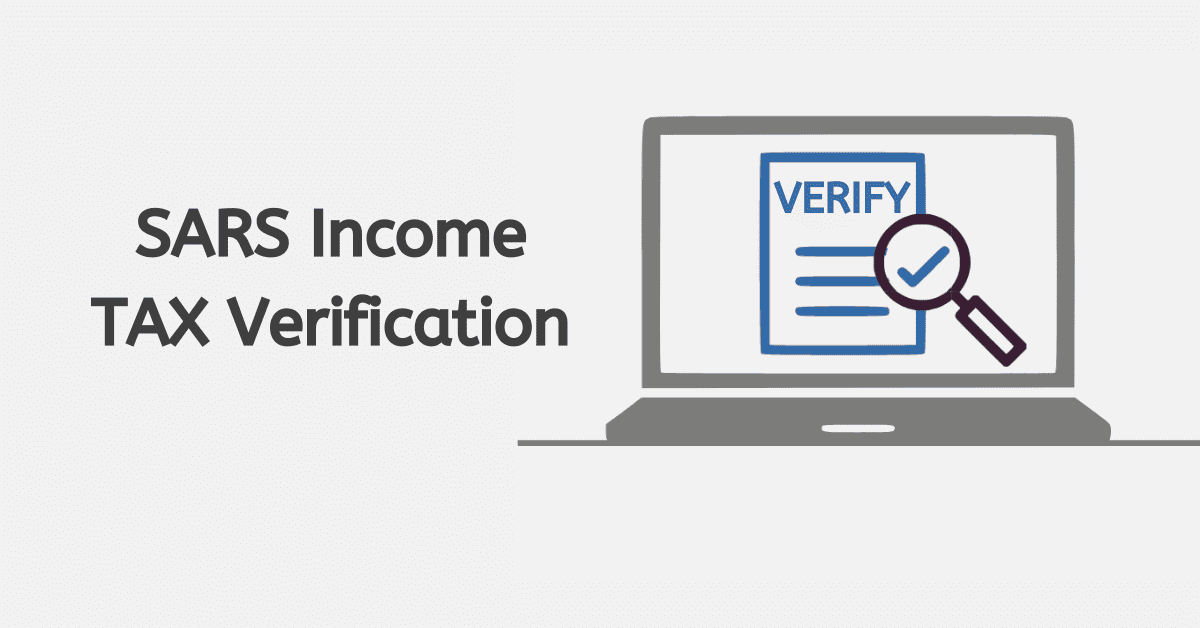Marriage is a legal and social institution affecting various life aspects, including taxation. In South Africa, the tax system does not treat married couples as a single unit but as separate individuals taxed on their own income and assets. However, a couple’s marital regime may affect their tax obligations and benefits. This article will explain how married couples are taxed in South Africa, how much money they can gift to a family member tax-free, whether there is a donations tax between spouses, and whether tithes are tax deductible.
How are married couples taxed in South Africa?
Your marital regime determines how you and your spouse are taxed in South Africa. The law that determines your property rights and obligations is this one. In South Africa, there are three primary categories of marital regimes:
- Marriage in a community of property
This results from being married without signing an ANC. An antenuptial agreement (ANC) modifies the default rule. You and your spouse have a single joint estate under this provision. This implies that whatever you possess and owe, regardless of when or how it was acquired, is jointly yours. Additionally, you are both accountable for the debts of the other. You each pay taxes on half of your income from your job or company and the income and capital gains from the joint estate. Your merged assets and liabilities must also be revealed on your tariff returns. However, other types of earnings, including wages, pensions, and inheritances, are not divided and are taxed solely to the inheriting spouse.
- Matrimony outside community property with accrual
This occurs when an ANC using the accrual mechanism is signed. You and your spouse each have distinct estates under this provision. This implies that everything you had before and during the marriage, including debts, belongs to you alone. However, you and your spouse split the growth or accrual of your estates during the marriage, according to a set formula, when the marriage ends—due to a divorce or death. You are individually responsible for paying taxes on your income from your job or business and any capital gains from your distinct estate. Your tax returns must also include information on your distinct assets and liabilities. The accrual claim or payment is not subject to taxation unless shifting an asset results in transfer duty or capital gains tax.
- Matrimony outside community property without accrual
This occurs when an ANC is signed outside of the accrual system. This regulation creates separate estates for you and your spouse, meaning that whatever you own and owe before and after the marriage is yours alone. Upon the conclusion of the marriage, you and your spouse preserve your separate estates and do not split any increases or accumulations during the union. You are individually responsible for paying taxes on your income from your job or business and any capital gains from your distinct estate. Your tax returns must also include information on your distinct assets and liabilities.
How much amount can you reward a family member tax-free in South Africa?
Donations tax is a tax on giving away property or rights for free in South Africa. The giver pays 20% on the donation up to R30 million and 25% on the rest. But some gifts are tax-free, such as:
- Up to R100 000 per year for anyone to anyone. This is not added up.
- Any money or property to your spouse unless you are separated.
- Any amount to a charity that SARS approves and that does good work. The charity must give you a receipt with its details and yours.
- Up to R10 000 per year for businesses or trusts to non-connected people.
Is there a donation tax between spouses?
Spouses who are married or in a lasting relationship don’t pay donation tax to each other unless they are separated. This means they can give each other money or property without paying or reporting any donation tax. However, they might encounter other tax issues based on where the cash or property originates and how they are married.
For instance, if one spouse offers the other an asset that generates cash, like a rental or a share, the earnings from that asset might still be taxed for the first partner under section 7 of the Income Tax Act. Or, if the partners are espoused in a community of property, the cash from that asset might be divided between them under section 7 (2) of the Income Tax Act. So, partners should weigh the tax impact of any reward between them and seek expert assistance if required.
Are tithes tax deductible in South Africa?
A voluntary gift of a percentage of one’s income, often 10%, to a mosque or church is known as a tithe. Tithes are not tax deductible in South Africa unless the religious organization is registered as a PBO and engages in specific public benefit activities specified in Part II of the Income Tax Act’s Ninth Schedule. The donor might then demand a cut for the tithe up to a limit of 10 percent of their taxable earnings, with some earnings classes excluded.
The donor should get a receipt from the PBO that features specific particulars, including the donor’s identity and address, the day and figure of the donation, and the PBO’s details and registration digits. In the event of a SARS audit or verification, the donor must also save the receipt as documentation of the donation.
